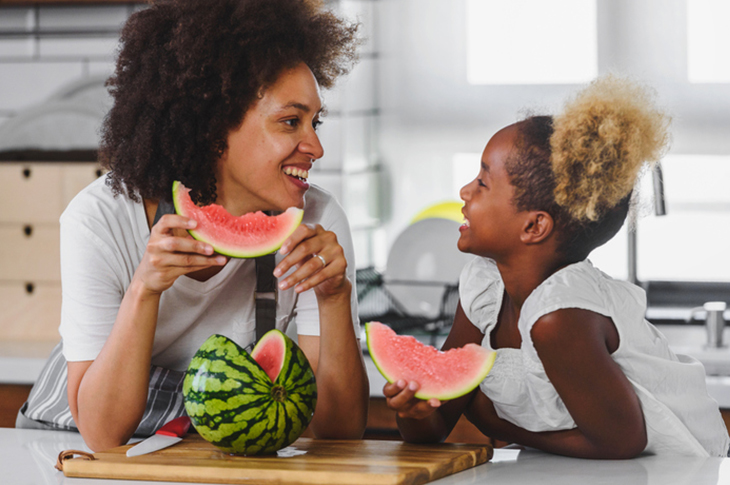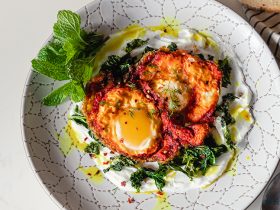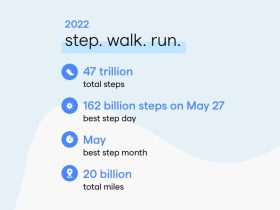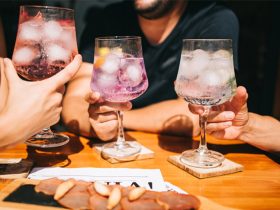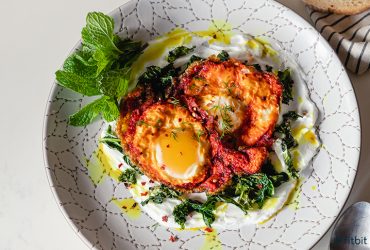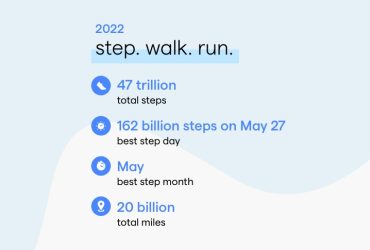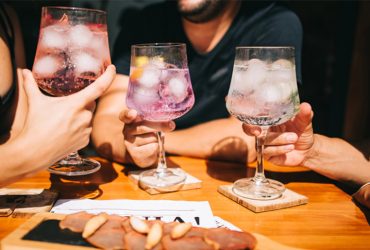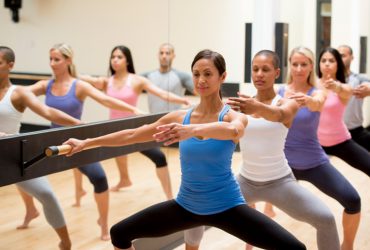Do you struggle to drink enough water? That doesn’t mean you have to walk around parched. There are plenty of other ways to hydrate beyond plain water. ”Considering hydration impacts virtually every physiological function in the body,” says Heather Mangieri, MS, RDN, a sports dietitian and author of Fueling Young Athletes. “People that walk around in a state of mild dehydration have no idea how much better they could feel if they just consumed more fluids.”
Here’s what you can do to make staying hydrated easy.
Elevate your water experience
Spa waters have long been the mainstay of wellness resorts, and for good reason; adding simple combinations of seasonal or frozen fruits, sliced vegetables, or infusing with fresh herbs can create a refreshing hydration experience. Getting kids involved with picking the fruit and vegetable combinations for the family is also a great way to get them excited about drinking more water and may even reduce the requests for soda and other sweetened beverages!
Eat more plants
“Food contains water too!” says Prest. “We get about 20 percent of our fluids from our foods.” On average, food supplies two to three cups of our daily fluid quota. And we’re not just talking soup (although it is 90 percent water). Juicy fruits and vegetables are the best sources. Popular choices like watermelon, cucumbers, berries, melons, peaches, lettuce, squash, and apples contain about 90 percent water, says Prest. Go ahead and make half your plate or snack to be fruits and vegetables for your hydration and nutrition.
Make mindful beverage choices
Non-alcoholic beverages of all types can be hydrating. Juice, soda, milk, tea and coffee contain fluids that your body can use. All can contribute to your total water intake and emerging research shows pros and cons of each.
Research shows that sugar-sweetened beverages, like fruit drinks and soda, are just as good as water for hydration but they may not be the best nutritional choice. Instead of sugar-sweetened beverages opt for freshly squeezed 100 percent fruit and vegetable juices and dilute with sparkling water or freezing into a homemade pop when hot outside; both strategies keep your portions small while still adding water into your diet.
When researchers for the American Journal of Clinical Nutrition compared the hydrating power of milk (whole milk and skimmed) to water and sports drinks, they found that milk was more effective at hydrating for several hours after exercise. Why is milk so helpful? Milk may not taste all that salty, but ounce-per-ounce it contains the same 100 milligrams of sodium per cup as a sports drink. And while too much sodium may not be great for your blood pressure, our bodies require this electrolyte to hold onto water. That’s not the only reason sodium can be helpful. Because it binds to water, it makes you thirsty, which explains why a salty bag of pretzels makes you want to drink up.
Turns out, there’s more. “Beverages such as milk contain other nutrients such as fat, carbohydrates, protein, and potassium which slow the rate that liquids empty from the stomach,” says Melissa Prest, DCN, RDN, a spokesperson for the Academy of Nutrition and Dietetics. “Because these drinks stay in the body longer than water, they may be more effective for hydration.”
Caffeine is okay in small amounts
If you’re a coffee or tea drinker, there’s even more encouraging news for hydration. “At one time, caffeinated beverages were thought to increase fluid losses, but that’s not the case for people who regularly consume moderate amounts of caffeine,” says Mangieri.
Yes, caffeine is a diuretic, but only at doses greater than 300 milligrams, or about three 8-ounce cups of coffee (actual levels depend on the coffee and why it is brewed). In moderate amounts, coffee is as hydrating as water, according to the Institute of Medicine. So, no need to give up your latte. Tea contains less caffeine, black tea about half that of a regular percolated coffee and green tea a third. Decaffeinated options only contain trace levels of caffeine. The Center for Science in the Public Interest has published a comprehensive list of caffeine in popular beverages available in the USA. High intakes of caffeine can affect sleep and feelings of anxiety, experts recommend keeping your total caffeine intake per day below 400 milligrams.
Beware of the water thief, alcoholic beverages
Like other beverages, alcoholic beverages do contain high amounts of water but it is typically not enough to offset the diuretic effects of the alcohol. This means that drinking an alcoholic beverage causes your body to excrete more water through increased urination than the water in the drink. The higher the concentration of alcohol in an alcoholic beverage, the higher the effect. If having an alcoholic drink, remember to hydrate with your favorite water at the same time.
The post Hydration: It’s Not Just About the Water You Drink appeared first on Fitbit Blog.

